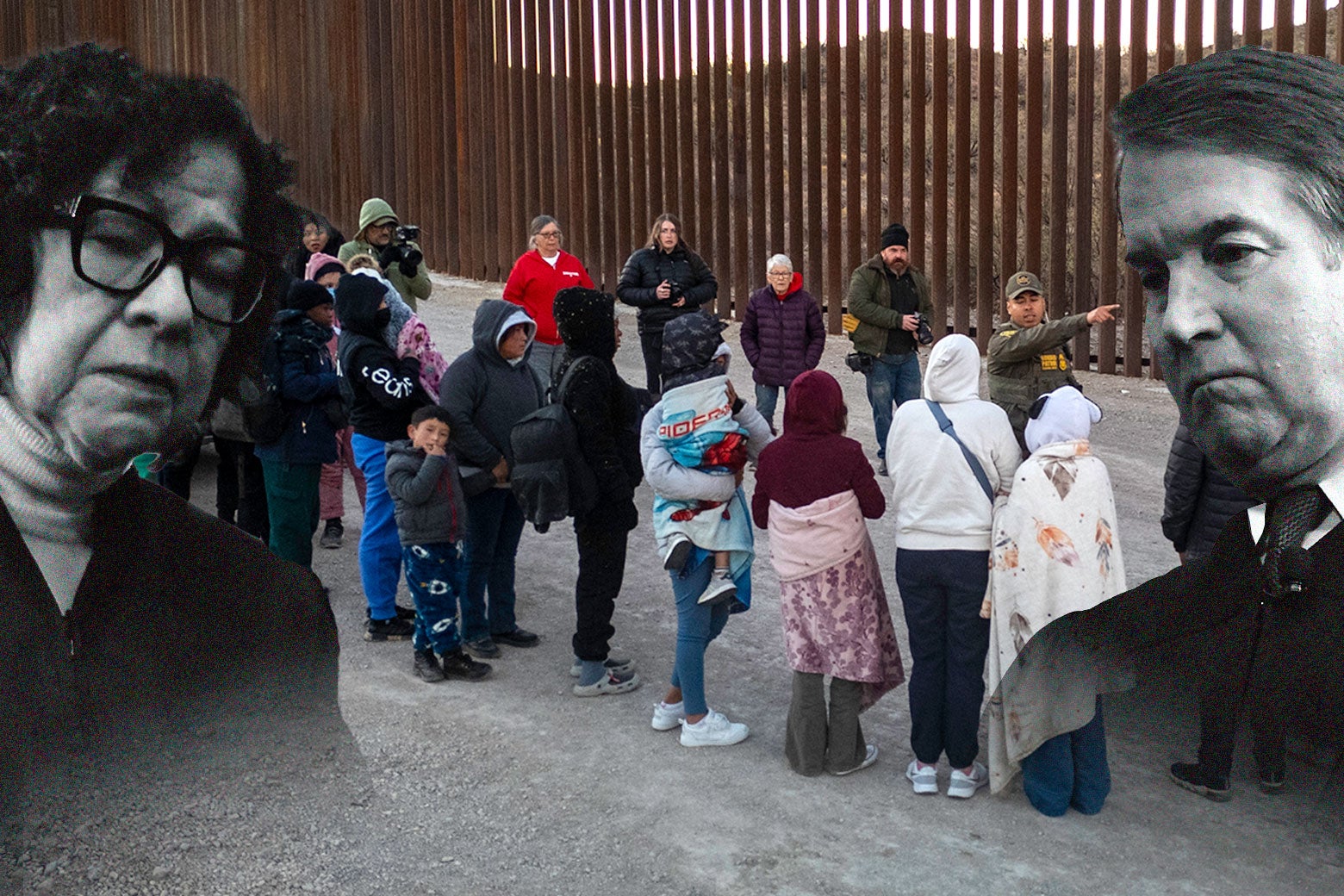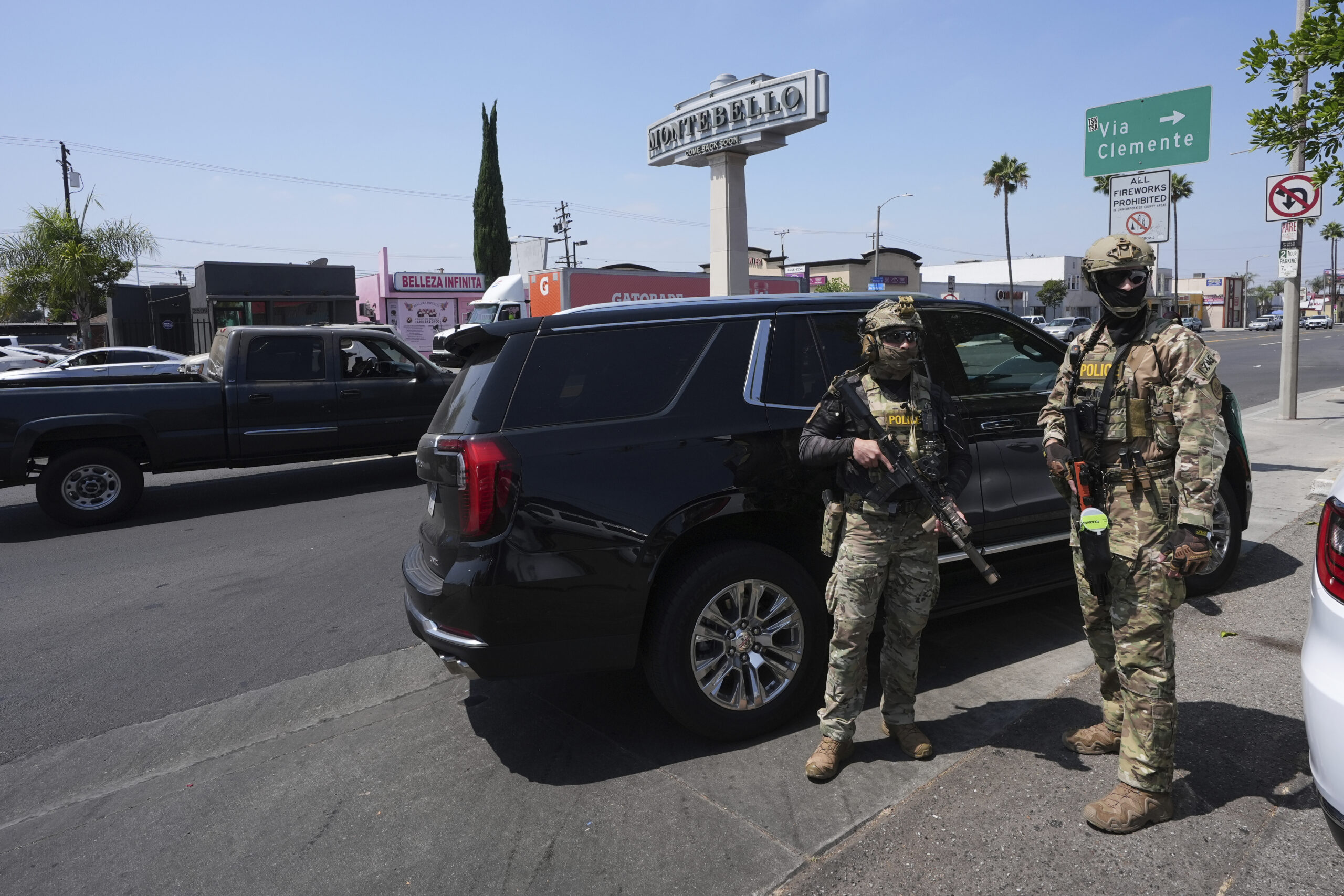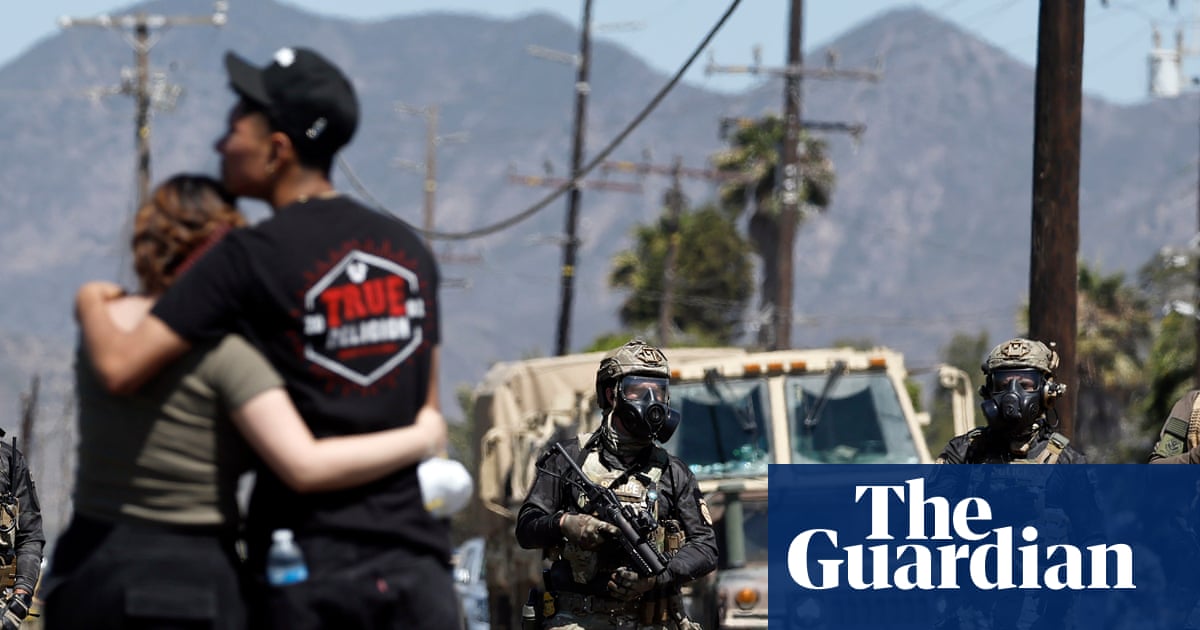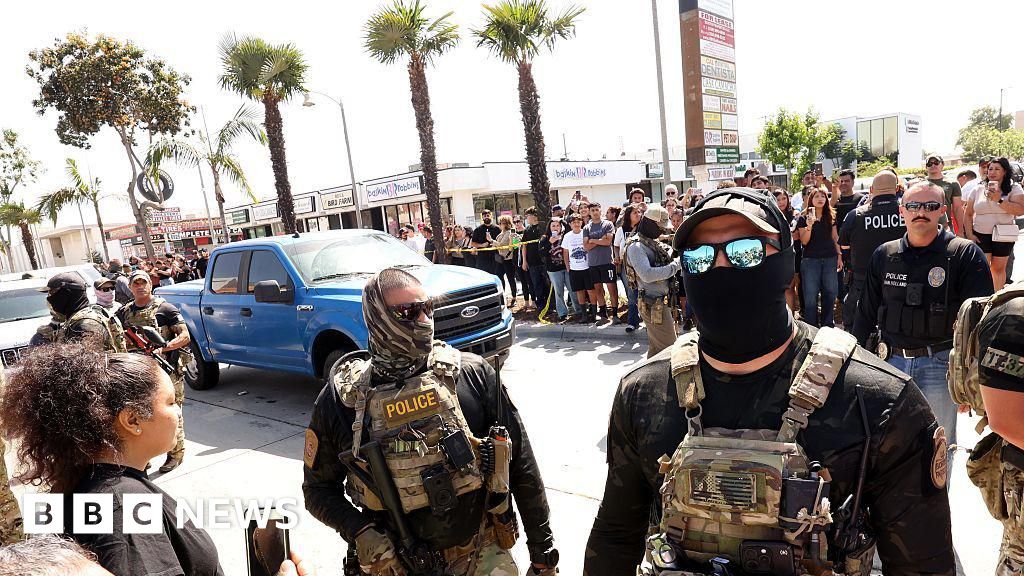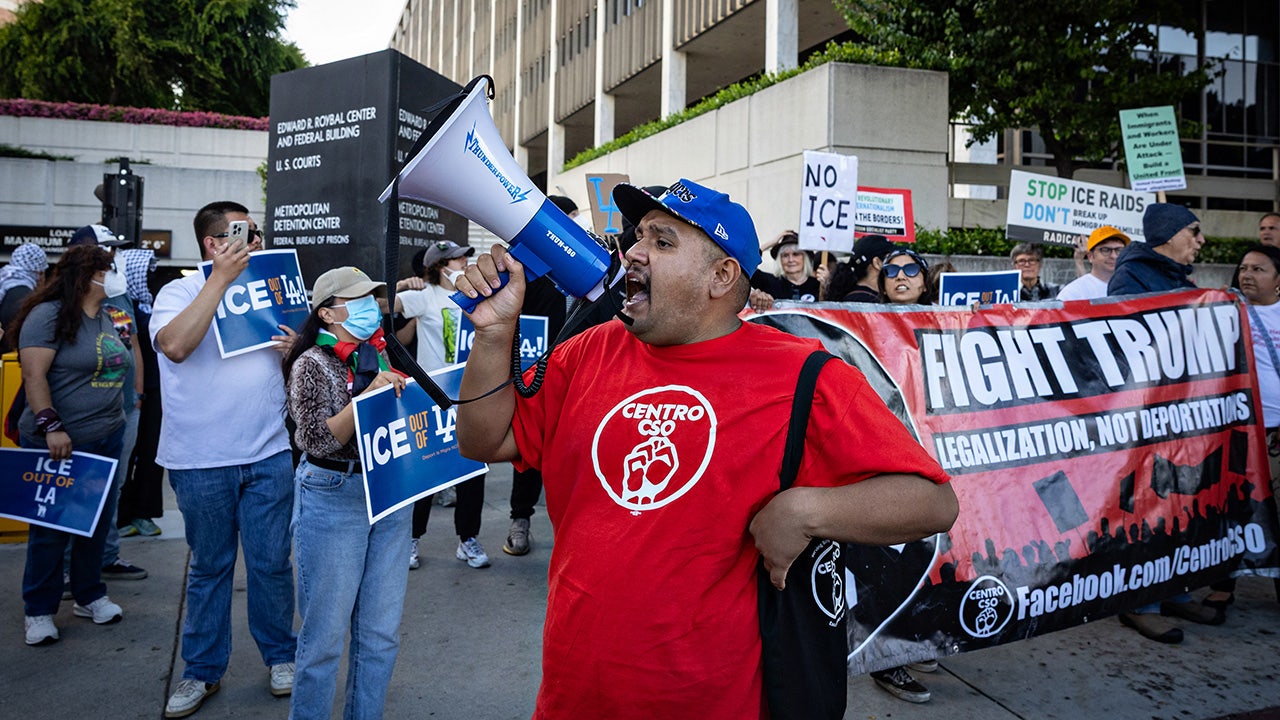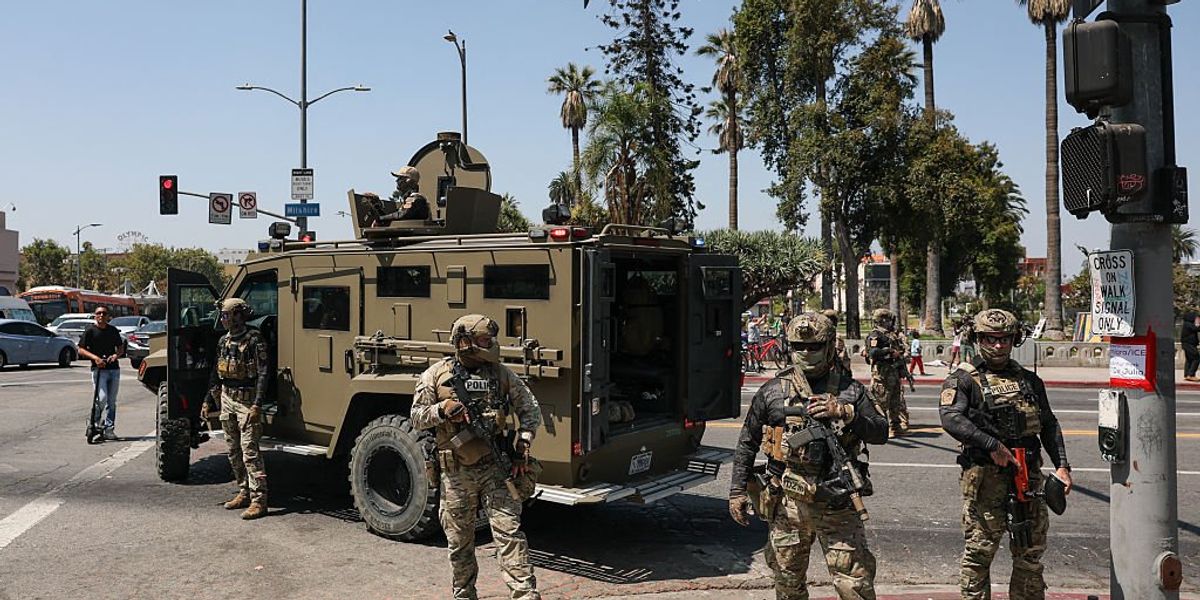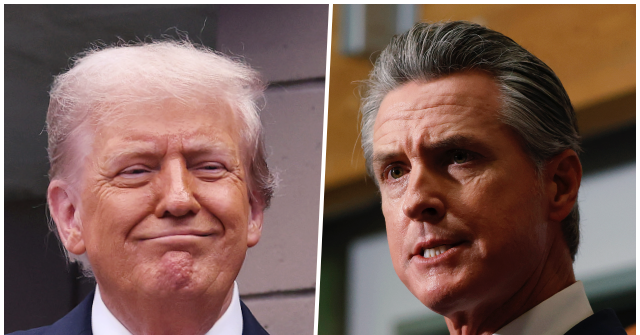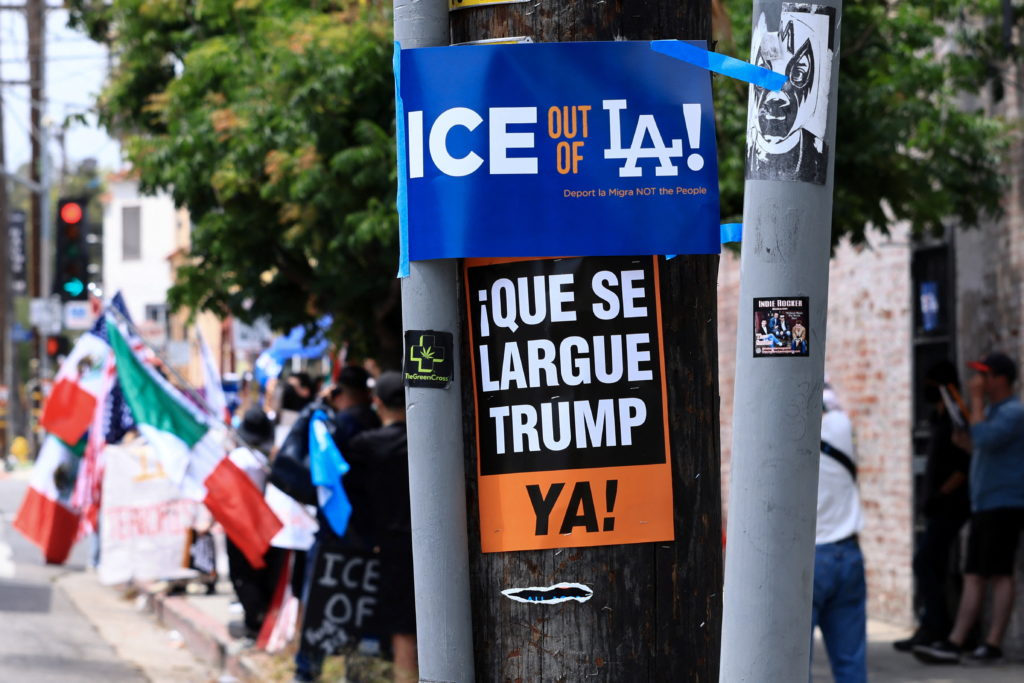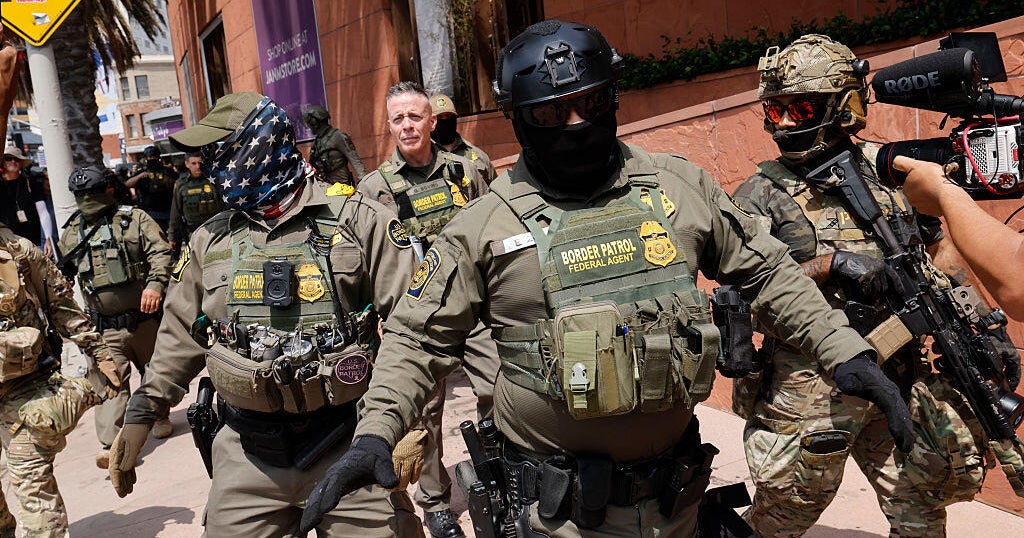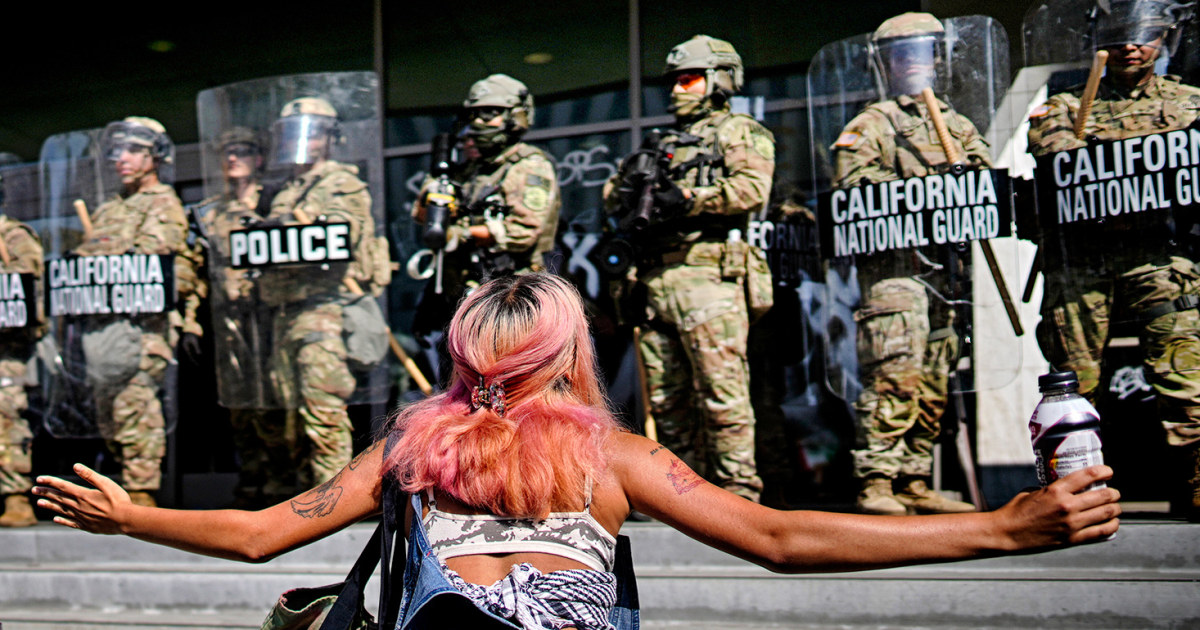Supreme Court Expands Federal Officers' Leeway in LA Immigration Stops Amid Strong Dissent
The Supreme Court has lifted restrictions on immigration enforcement in Los Angeles, allowing federal officers more leeway in stops, a move strongly dissented by Justice Sotomayor as a Fourth Amendment violation.
Subscribe to unlock this story
We really don't like cutting you off, but you've reached your monthly limit. At just $5/month, subscriptions are how we keep this project going. Start your free 7-day trial today!
Get StartedHave an account? Sign in
Overview
- The Supreme Court overturned a federal judge's order, allowing the Trump administration to resume immigration raids and enforcement stops in Los Angeles.
- Justice Sonia Sotomayor strongly dissented, stating the ruling violates the Fourth Amendment by granting federal officers more leeway in conducting immigration enforcement stops.
- Justice Brett Kavanaugh stated that brief questioning is typical for legally present individuals, while acknowledging ethnicity can be a relevant factor for officials to initiate stops.
- The decision permits ICE agents to profile individuals, including Latinos, based on factors like language and ethnicity, intensifying Los Angeles as a battleground for enforcement.
- This ruling is a victory for President Trump's deportation push, with raids expected near schools and workplaces, despite DHS arguing targets are based on legal status.
Report issue

Read both sides in 5 minutes each day
Analysis
Center-leaning sources frame the Supreme Court's ICE ruling as deeply hypocritical and racially biased, especially when contrasted with its affirmative action decision. They use highly charged language and rhetorical questions to portray the court's actions as inconsistent and discriminatory, suggesting that race matters only when convenient for conservative justices.
Articles (23)
Center (8)
FAQ
The Supreme Court allowed federal officers to resume immigration stops in Los Angeles by putting on hold a lower court ruling that restricted such stops, emphasizing that judges must ensure executive actions comply with the Constitution and statutes, and noting that ethnicity can be a relevant factor in reasonable suspicion for immigration enforcement stops.
Justice Sonia Sotomayor strongly dissented, stating the ruling was a 'grave misuse' of the Court's emergency docket and that it violated the Fourth Amendment by allowing government agents to seize anyone who looks Latino, speaks Spanish, and appears to work a low wage job, effectively endorsing racial profiling.
The ACLU condemned the ruling, warning it puts people at grave risk by allowing federal agents in Southern California to target individuals based on race, language, workplace, or location, describing it as enabling a 'papers please' regime with risks of violent arrests and detention.
The decision permits Immigration and Customs Enforcement (ICE) agents to resume operations and conduct stops in Los Angeles with broader discretion, including profiling based on factors like language and ethnicity, enabling raids near schools and workplaces as part of the Trump administration's deportation efforts.
Critics argue that relying on apparent race, ethnicity, and language introduces unlawful racial profiling violating Fourth Amendment protections, while supporters claim these factors can be relevant to reasonable suspicion, leading to a contentious legal and public debate.
History
- 2M

 11 articles
11 articles
- 2M

 5 articles
5 articles





